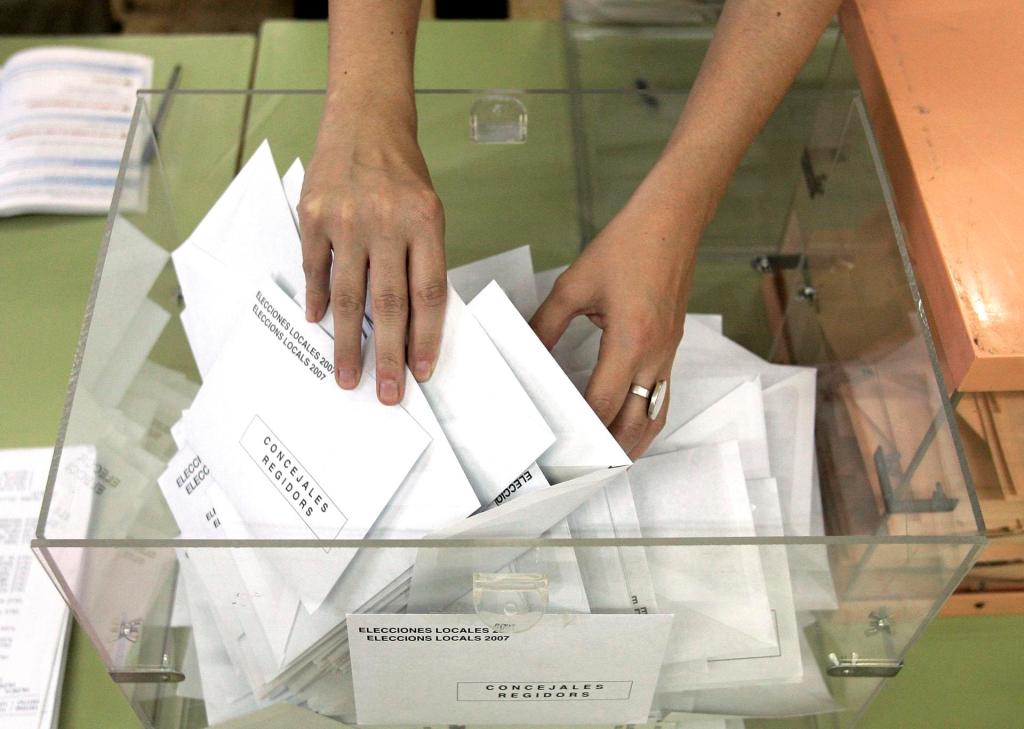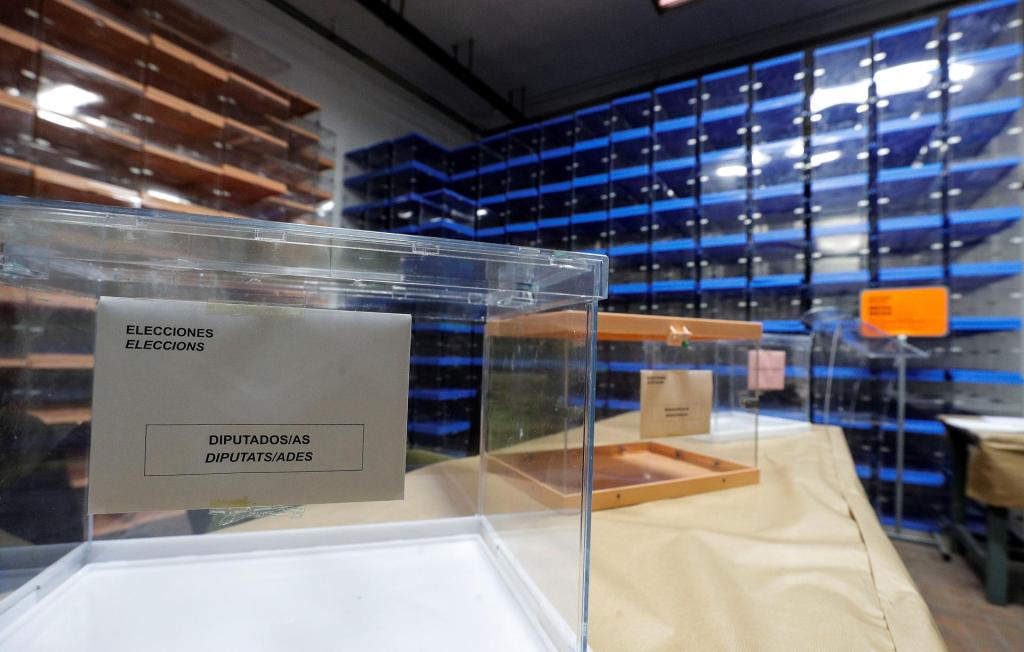Madrid (EFE).- A total of 1,055,653 Spaniards residing abroad will be able to vote in the regional elections to be held on May 28. They will be the first in 12 years without a requested vote, the system was implemented in 2011 to avoid fraud in the procedures. The objective is to favor the participation of citizens who have become decisive in some elections.
Here are some keys:
1. Spanish voters around the world
The CERA is the Census of Absent Resident Spaniards. 2.3 million citizens form it.
For the May 28 elections, the census is lower: 1,055,653 people, specifically, since Spaniards who permanently reside abroad can vote in the regional elections, but not in the municipal ones.

Without counting Galicia, which is one of the autonomous communities that does not hold elections on May 28, Asturias is the region with the highest number of residents abroad: 14.7% of the total. Castilla-La Mancha is the least: barely 2.3%.
By country of residence, the largest group is that of Spaniards living in Argentina, with a total of 117,942 people, ahead of France (105,765) and the United States (93,594).
2. No requested vote
The requested vote system began to be applied from 2011, as a result of the agreement that the PSOE, PP, CiU and PNV reached then. He tried to end cases of fraud. It succeeded, but, in turn, caused a notable drop in participation. In the previous regional and municipal elections (2019), only 3% of the CERA exercised the vote.
To reverse the trend, in October 2022 the legislative reform that abolished the requested vote came into force. Parliament gave birth to see the corresponding modification of the Organic Law of the General Electoral Regime (LOREG) with broad consensus. The procedure can be consulted in article 75 of the regulation.
Among the novelties, it stands out that now it will be the provincial delegations of the Electoral Census Office that send the documentation ex officio, that citizens will be able to download the ballots from the official website, as well as know the centers authorized to vote (in person) within the consular demarcation, in addition to having more days to exercise their right.
3. When was the vote from abroad decisive? three cases
There have been elections in Spain in which the votes of citizens residing abroad have been crucial.
In 2005, in the Galician regional elections, these ballots from abroad gave the socialist candidate, Emilio Pérez Touriño, the 25th seat. These, together with the 13 from the BNG, led to the eviction of Manuel Fraga from the Xunta.

In Asturias, in 2012, after the early elections, Foro, then led by the former PP minister Francisco Álvarez Cascos, won the elections and was in a position to govern if he joined the PP and UPyD, but the scrutiny of the foreign vote snatched a seat to Forum and gave it to the PSOE. After the intervention of Justice, the Socialists were able to form a government.
More recent was the example of Euskadi. In the 2019 general elections, the scrutiny of the foreign vote gave a seat to Bea Fanjul, from the PP, after taking it away from the PNV.







